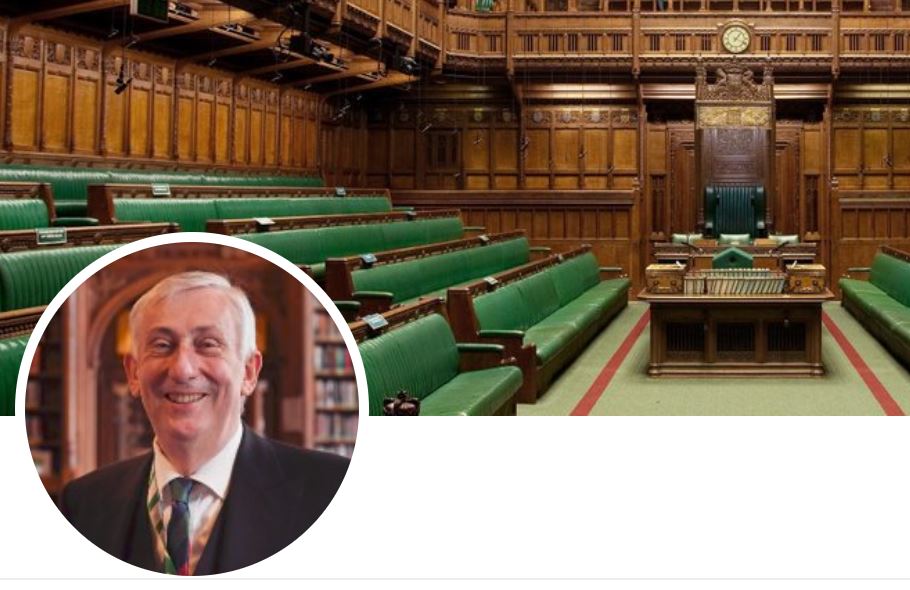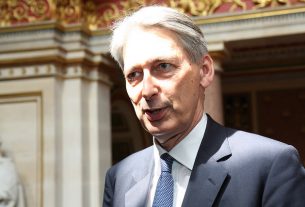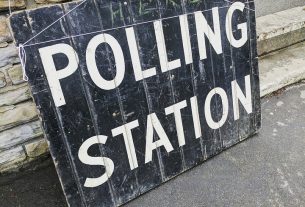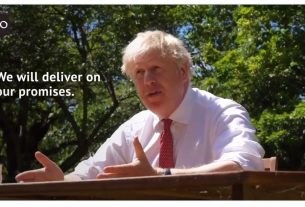Boris Johnson has avoided a humiliating parliamentary defeat days before the G7 summit by virtue of the Commons speaker’s ruling on international aid – despite Sir Lindsay Hoyle’s accusation the government is lacking respect for the House.
MPs had sought to amend legislation and force a Commons vote to require the government to keep its election promise and international commitments by reversing the decision to cut overseas aid by 42%.
Hoyle ruled a proposed amendment to legislation being debated “out of scope”, thereby preventing a vote on Monday (June 7) evening to reverse the cut to the foreign aid budget from 0.7% to 0.5% of national income.
The measure will save £4 billion – but will end up costing “hundreds of thousands of avoidable deaths”, said lead Conservative rebel Andrew Mitchell, as a result of the cut.
Mitchell claims 50 Conservative MPs will rebel
A law passed in 2015 makes the 0.7% commitment binding, yet Johnson’s government has not introduced legislation to amend it with ministers arguing the exceptional circumstances of the pandemic allow the target to be temporarily suspended.
Mitchell has pledged to “use all the parliamentary procedures we can” to force the government to honour its commitments and manifesto pledge. The former international development secretary suggested as many as 50 Conservative MPs will rebel against the government.
The speaker will permit an emergency Commons debate on the issue on Tuesday – but this vote will be non-binding on the government.
Hoyle told the Commons the government must give the House “the respect it deserves” and allow MPs to have an urgent and meaningful vote on the foreign aid cut – if not, he will “look at other ways we can move forward”.
James Landale, the BBC’s diplomatic correspondent states “this is a threat” from the speaker “that if the government does not arrange a vote itself, he may allow the next amendment the rebels table” at their next legislative opportunity.
But this, Lansdale adds, “may not now come until the autumn” and commentators are agreed that while the issue is far from settled, Hoyles’ ruling means Johnson escapes a humiliating parliamentary defeat ahead of this weekend’s G7 summit.
Cuts already causing devastation
International charities say the cuts are already causing “devastation” to people lives around the world. Save the Children, Oxfam, ActionAid UK, Cafod, WWF UK and other charities have written to the prime minister telling him there is “no justifiable economic need” for the measure.
The letter has been signed by more than 1,700 business leaders, charities and academics ahead of the G7 summit and states that “[W]hile other G7 countries have stepped up their aid budget, the UK is the only one to have rowed back on its commitments,” adding the pandemic is “a double blow to the world’s poorest communities.”
“It doesn’t make any sense,” said Sir Bob Geldof on BBC’s Andrew Marr Show. “It doesn’t make any sense economically, financially, politically, diplomatically, morally or in the humanitarian consequences of it.
“And I’m very much afraid that something that we’re told is temporary will become permanent.”
Biden urged to press PM to reverse decision
In 2020 the UK spent around £14.5 billion on foreign aid – equal to 0.7% of national income. Pakistan, Ethiopia, Afghanistan, Yemen and Nigeria comprise the five biggest recipients
Johnson’s immediate predecessor Theresa May is widely reported to be a leading opponent of the cuts while senior Democrats in the US have written to Joe Biden on the issue.
They want the president to press the prime minister into restoring the level of international assistance with a letter arguing the Uk’s action “during the worst humanitarian crisis of our generation only undermines our collective global response.”




